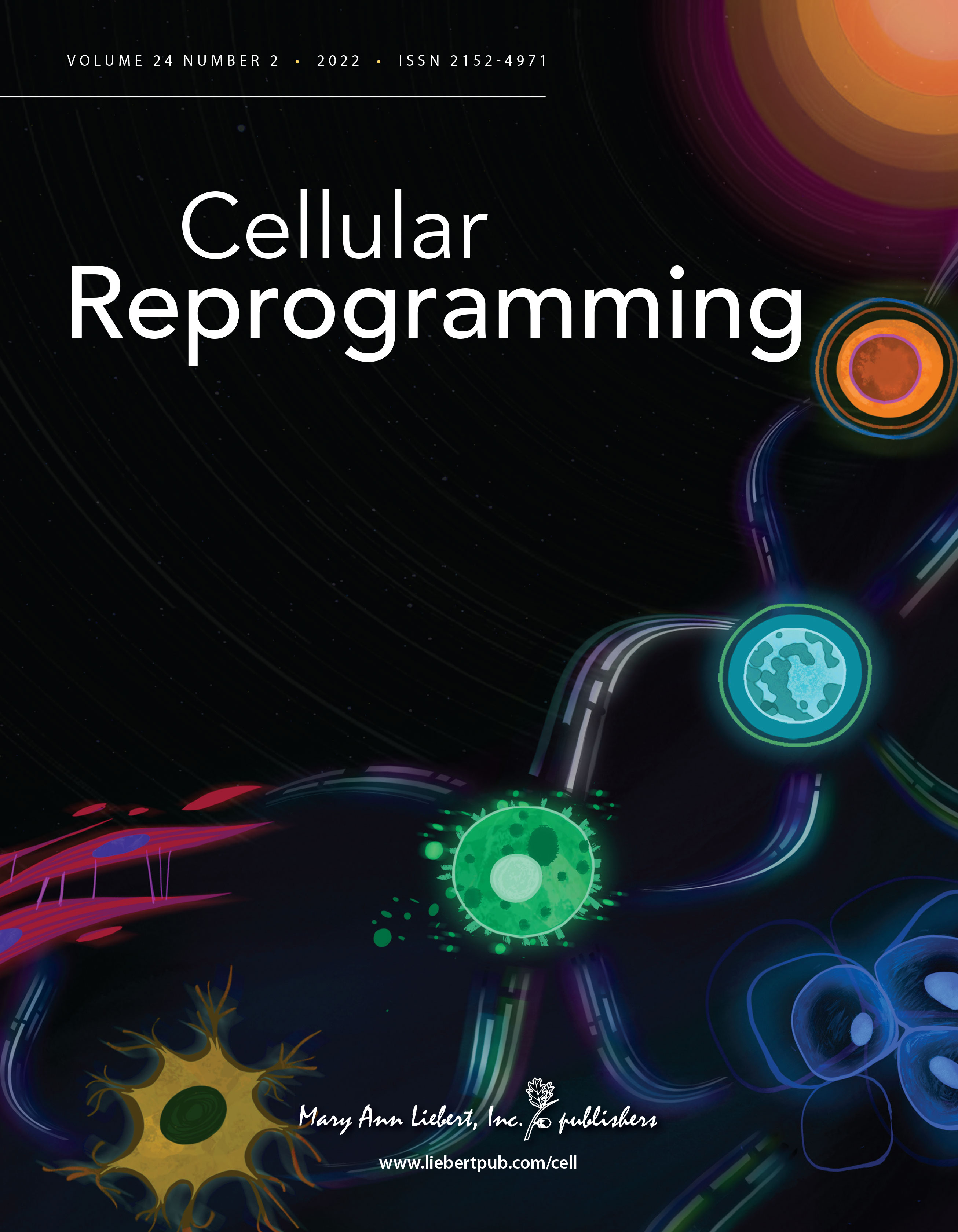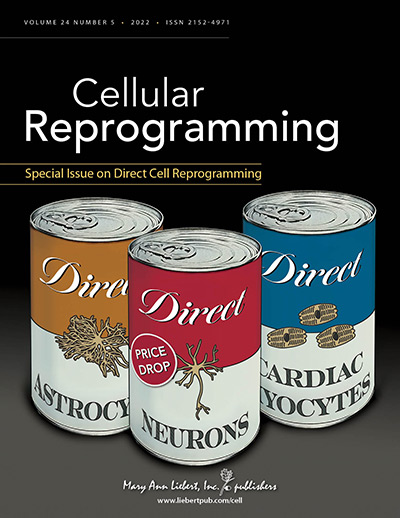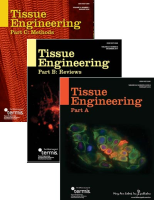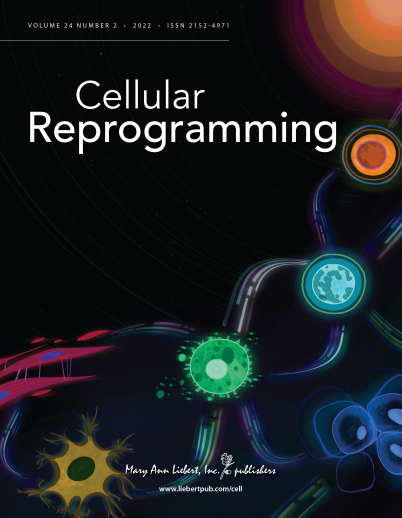Aims & Scope
Cellular Reprogramming is the only peer-reviewed journal dedicated to cellular reprogramming mechanisms, technologies and applications. Cellular reprogramming is a diverse and growing discipline that studies cellular identity reversal or modification. The field aims to understand how cell fate is acquired, maintained and inherited in health, what happens when cell identity in hijacked in disease and to harness cell fate engineering for therapeutic applications. The journal covers but is not limited to the different ways cellular reprogramming can be achieved experimentally, including nuclear transfer, cell fusion or expression of defined factors.
Cellular Reprogramming is under the editorial leadership of Editor-in-Chief Filipe Pereira, PhD, Professor, Faculty of Medicine, Lund University who is aided by a diverse and accomplished editorial board.
Cellular Reprogramming is a forum communicating basic cutting-edge discoveries in cellular reprogramming research, in addition to translational and clinical studies. The journal publishes high-quality original research papers, as well as review articles, perspectives and commentaries spanning cellular reprogramming research and its societal impact. It creates a critical information hub aiming to solidify and foster growth of the cellular reprogramming field.
Cellular Reprogramming coverage includes:
-
Cellular reprogramming biology and technologies
- Somatic cell nuclear transfer
- Cell fusion
- Reprogramming mediated by defined factors
- Natural reprogramming processes such as reprogramming in early embryos and germ cell development
- Induced pluripotent stem cells (iPSCs)
- Direct reprogramming and transdifferentiation
- In vivo reprogramming
- Embryonic stem cells and pluripotency
- Adult stem cells and multipotency
- Molecular mechanism of cell identity including epigenetics and epitranscriptomics
- Cell and gene therapy based on cell reprogramming paradigms
- Disease modelling and drug screening
- Genome editing technology
- Single cell technologies
- Synthetic and systems biology
- Bioinformatics
- Immunology and cancer immunotherapy
- Cellular rejuvenation
- Regeneration
- Animal models to study and elicit cell fate reprogramming
- Basic animal and veterinary science
- Cancer research including metaplasia
Audience: Cell and molecular biologists, developmental biologists, stem cell researchers, genetic engineers, embryologists, cloning scientists, tissue engineers, bioengineers, translational biologists, cancer researchers, aging researchers, immunologists, clinicians, veterinarians, policymakers, among others.
Indexing/Abstracting:
- PubMed/MEDLINE
- PubMed Central
- Scopus
- Biotechnology Citation Index®
- Biological Abstracts
- BIOSIS Citation Index™
- Journal Citation Reports/Science Edition
- EMBASE/Excerpta Medica
- EMBiology
- AGRICOLA
- ProQuest databases
- CAB Abstracts
- Global Health
- BenchSci
